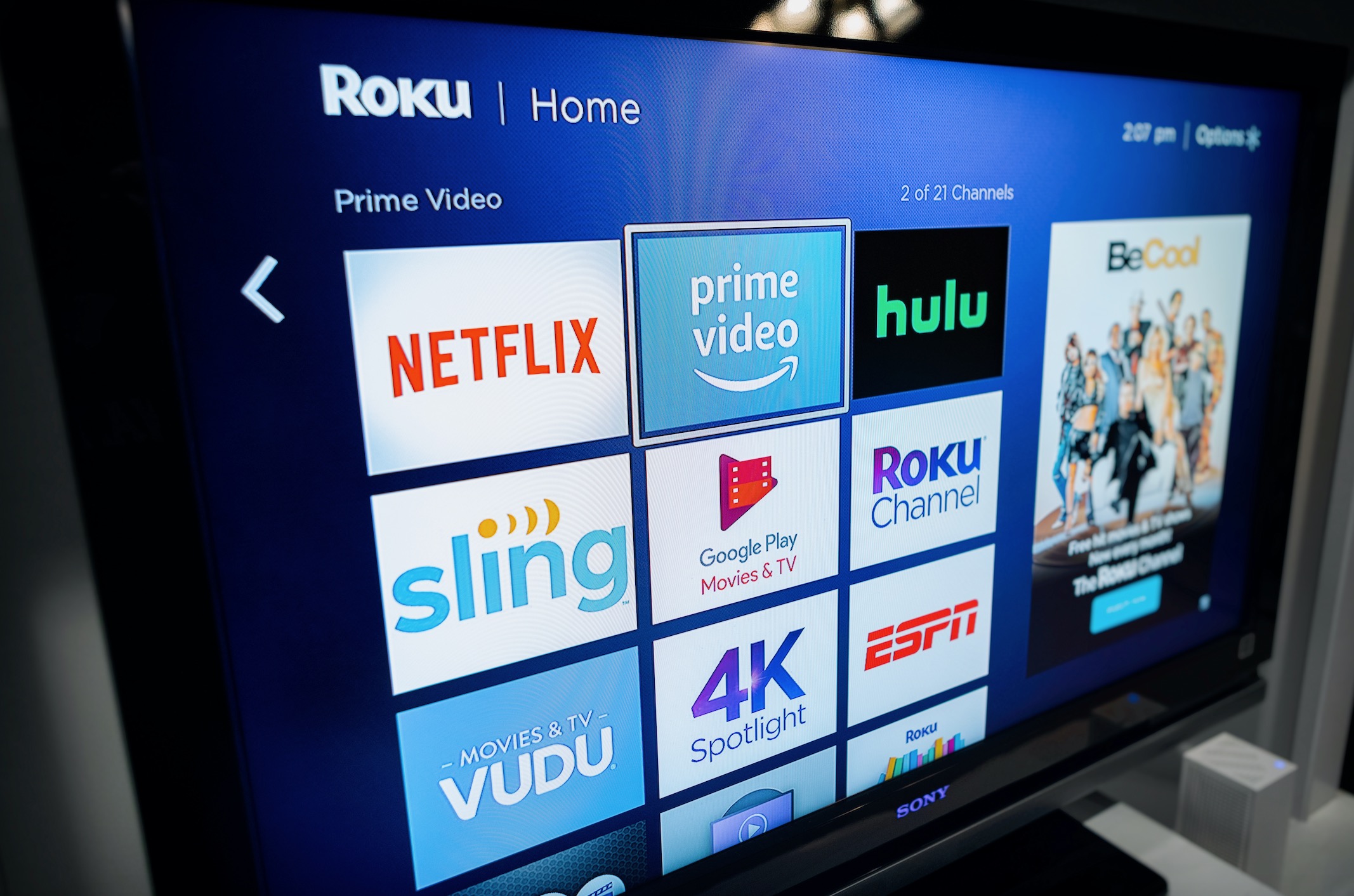JEFFERSON CITY, Mo. — As work, education, and life continues to shift to virtual platforms in the face of COVID-19, a bill in the Missouri Senate seeks to consider adding streaming services to the list of video service fees.
SB 163, sponsored by Sen. Mike Cierpiot, would allow municipalities to collect a fee at or below 5 percent of a video service provider’s gross revenue in the area starting in 2023. The fees would decrease by half a percent every year before settling at 2.5 percent in 2027.
“With the introduction of cable television in the 1980s, individual cable companies negotiated on a city-by-city basis for the right to access the public right-of-way,” Cierpiot said. “New products such as streaming, satellite, and over- the-top products have had a positive impact on the market but have resulted in a structure that allows similar products to be taxed at an inequitable manner.”
The bill would also establish a Task Force on the Future of Right-of-Way Management and Taxation, which would study taxation, future revenue, and right-of-way management. The group would consider adding streaming to the list of services that can acrew fees and will be tasked with compiling a report on its findings for the General Assembly by the end of 2023.
Cierpiot noted that cable and internet are often delivered through the same network, with only cable service being taxed for it. While presenting the bill before the Senate Commerce, Consumer Protection, Energy and the Environment Committee Wednesday, he said the bill’s fate would likely be tied to the progress of an internet sales tax.
Lobbyist Daryl Duwe testified in support of the legislation on behalf of the Missouri Cable Telecommunications Association, saying the bill would present a more equitable system for Missouri.
“It’s a forward-looking bill. You can’t pick up the paper anymore without finding out there’s a new streaming service out there,” he said. “It’s unfair that only traditional cable gets taxed for the product being in the right-of-way, but not the streaming customer, and this bill tried to look forward to that.”
Four witnesses testified against the bill, including Independence Mayor Eileen Weir. Weir said her community would not be able to absorb the costs and did not support the bill in its current form.
“It’s been noted that the cable franchise fee is a declining revenue source; that is true, but it still represents a significant part of our budget in Independence,” she said. “We have very few revenue streams for our general fund, and this is one of them. The other major source is the retail sales tax, which is also a declining revenue source.”
Michael Gibbons with St. Charles County shared similar concerns, saying the bill was “putting the cart before the horse” without clarifying the right-of-way issue.
The question of local streamer fees has already been upheld in Missouri court. A 2019 suit from the City of Creve Coeur, in which the city attempted to impose the standard 5 percent video service provider fee, was supported by the St. Louis Circuit Court twice. Hulu and Netflix lost the initial case, leading to other communities across the U.S. attempting similar legal challenges. The court shot down claims from the streaming juggernauts that they were not truly video service providers, affirming the city’s case in December.
Wednesday’s committee heard another bill from Cierpiot that would allow multiple municipalities to work together to form a broadband infrastructure. Another bill before the committee was from Sen. Jason Bean that would establish a renewable natural gas program.
The committee did not take executive action on any of Wednesday’s bills.
This story has been updated.

Cameron Gerber studied journalism at Lincoln University. Prior to Lincoln, he earned an associate’s degree from State Fair Community College. Cameron is a native of Eldon, Missouri.
Contact Cameron at cameron@themissouritimes.com.
































